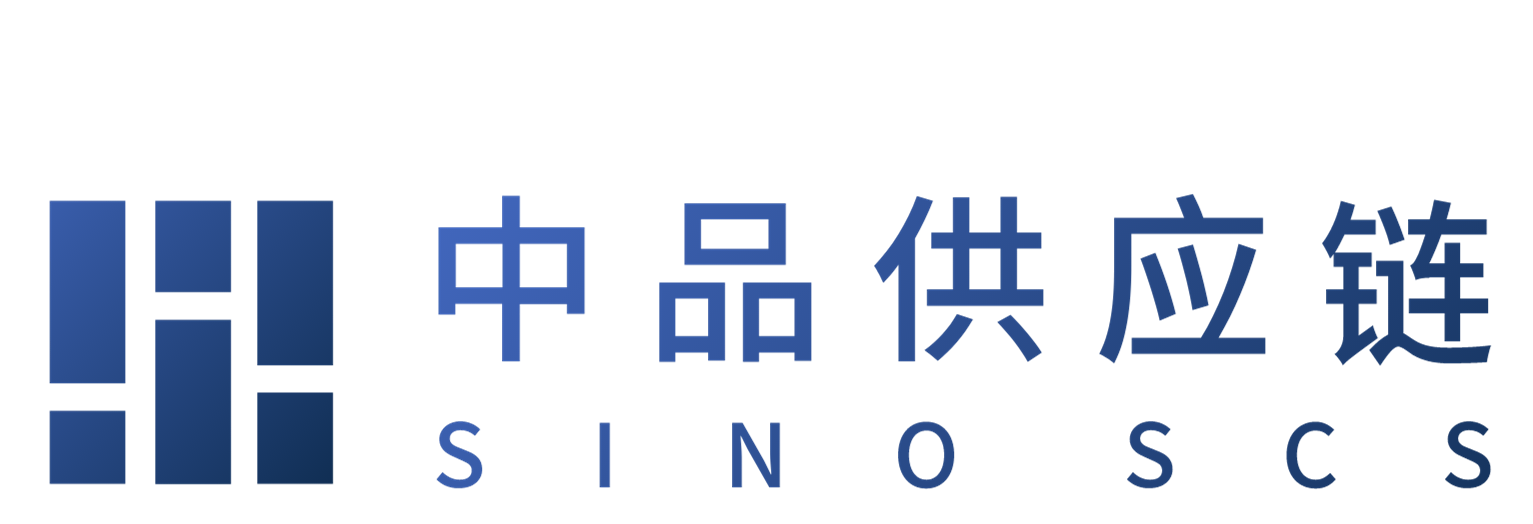Boeing 737 Max production freeze risks ‘supply chain fallout’

Boeing has announced a production freeze of its 737 Max aircraft that could cause “significant fallout across the global supply chain”.
The aeroplane manufacturer has announced it will suspend production in January 2020 after global regulatory bodies delayed the aircraft certification and return to service.
Paul Adams, head of aerospace, defence and security at management consultancy Vendigital, said: “The decision to suspend production of the 737 Max is a largely unprecedented move and with the highest volume production of any large aircraft – over 50 per month – the fallout across the global supply chain is going to be significant.”
Boeing built up storage of approximately 400 aeroplanes, and has “decided to prioritise the delivery of stored aircraft and temporarily suspend production”.
The 737 Max was grounded worldwide in March following two fatal crashes that were caused by faults with the aircraft’s software and angle of attack sensors. Both incidents occurred shortly after take-off.
A Lion Air flight crashed in Jakarta, Indonesia, in October 2018 killing 189 passengers, followed by a second crash in March 2019 of an Ethiopian Airlines plane in Addis Ababa that killed 157 passengers. After the second crash 737 Max aircraft were grounded worldwide. An investigation into first crash has completed and another into the second is ongoing.
Adams said: “The main problems for suppliers will be under-utilisation of labour and machinery. Many suppliers have significant capital investment tied up in production capacity for the 737 Max programme and they won’t be able to afford to keep this sitting idle for long.
“To avoid the erosion of hard-won supply chain capacity, in an intensely competitive marketplace, Boeing will need to manage the ramp down carefully. It will be hoping to secure as much capacity as possible, so it is ready to resume production seamlessly when US regulators approve the aircraft’s return.”
Boeing said in a statement: “We know that the process of approving the 737 Max’s return to service, and of determining appropriate training requirements, must be extraordinarily thorough and robust, to ensure that our regulators, customers, and the flying public have confidence in the 737 Max updates.
“As we have previously said, the FAA and global regulatory authorities determine the timeline for certification and return to service. We remain fully committed to supporting this process.
“We believe this decision is least disruptive to maintaining long-term production system and supply chain health. This decision is driven by a number of factors, including the extension of certification into 2020, the uncertainty about the timing and conditions of return to service and global training approvals, and the importance of ensuring that we can prioritise the delivery of stored aircraft.
“We will provide financial information regarding the production suspension in connection with our fourth quarter 2019 earnings release in late January.”

